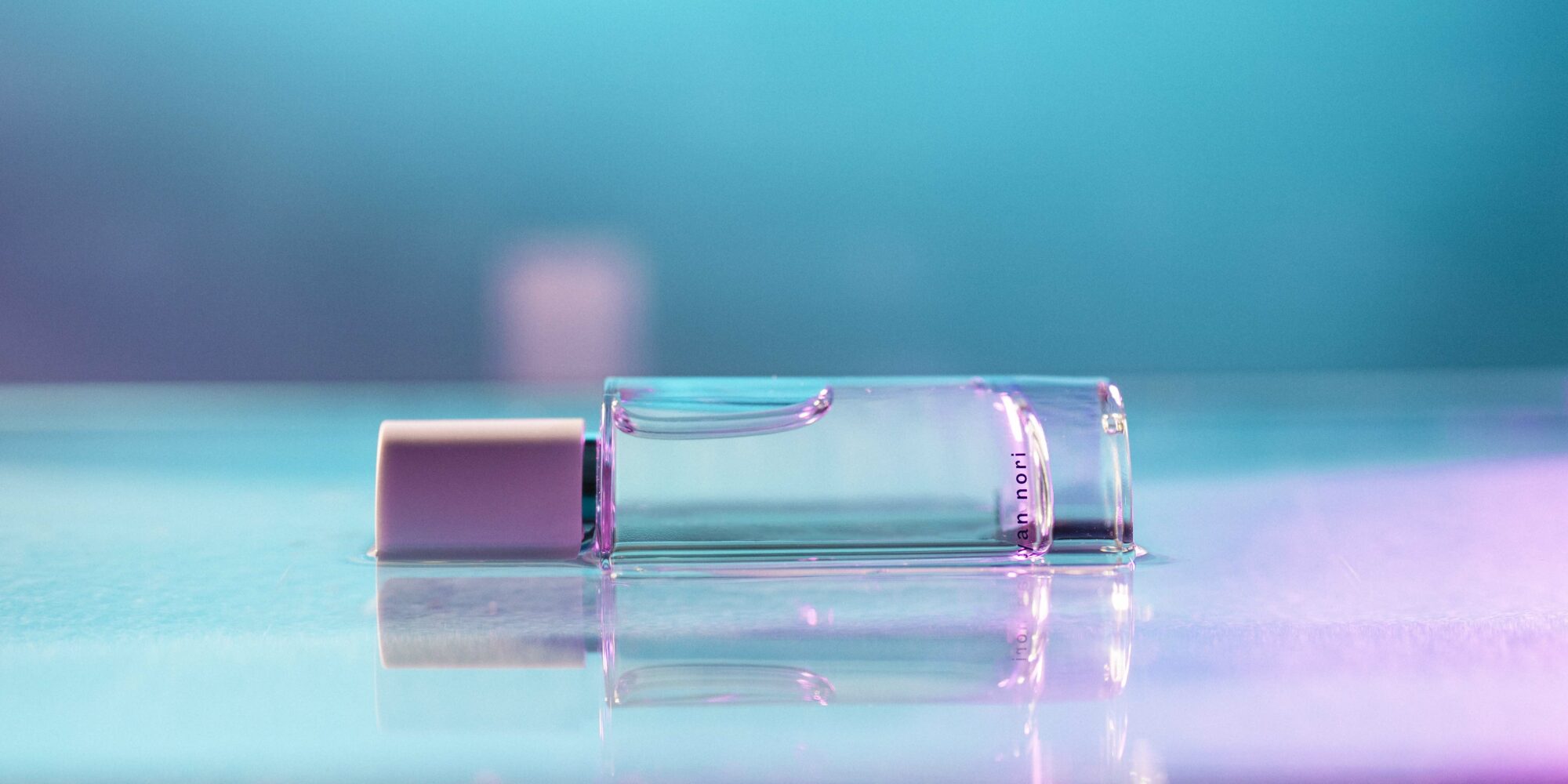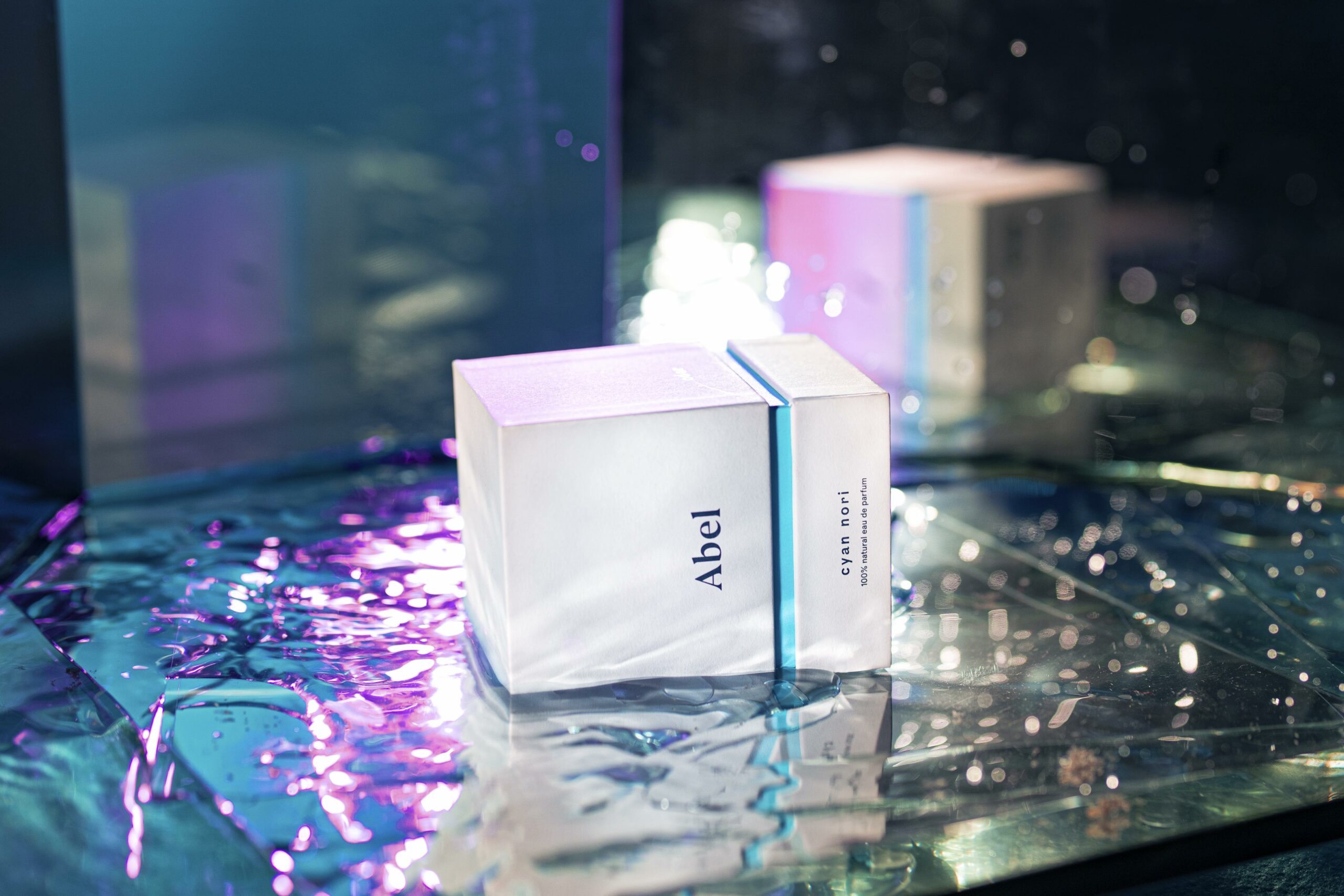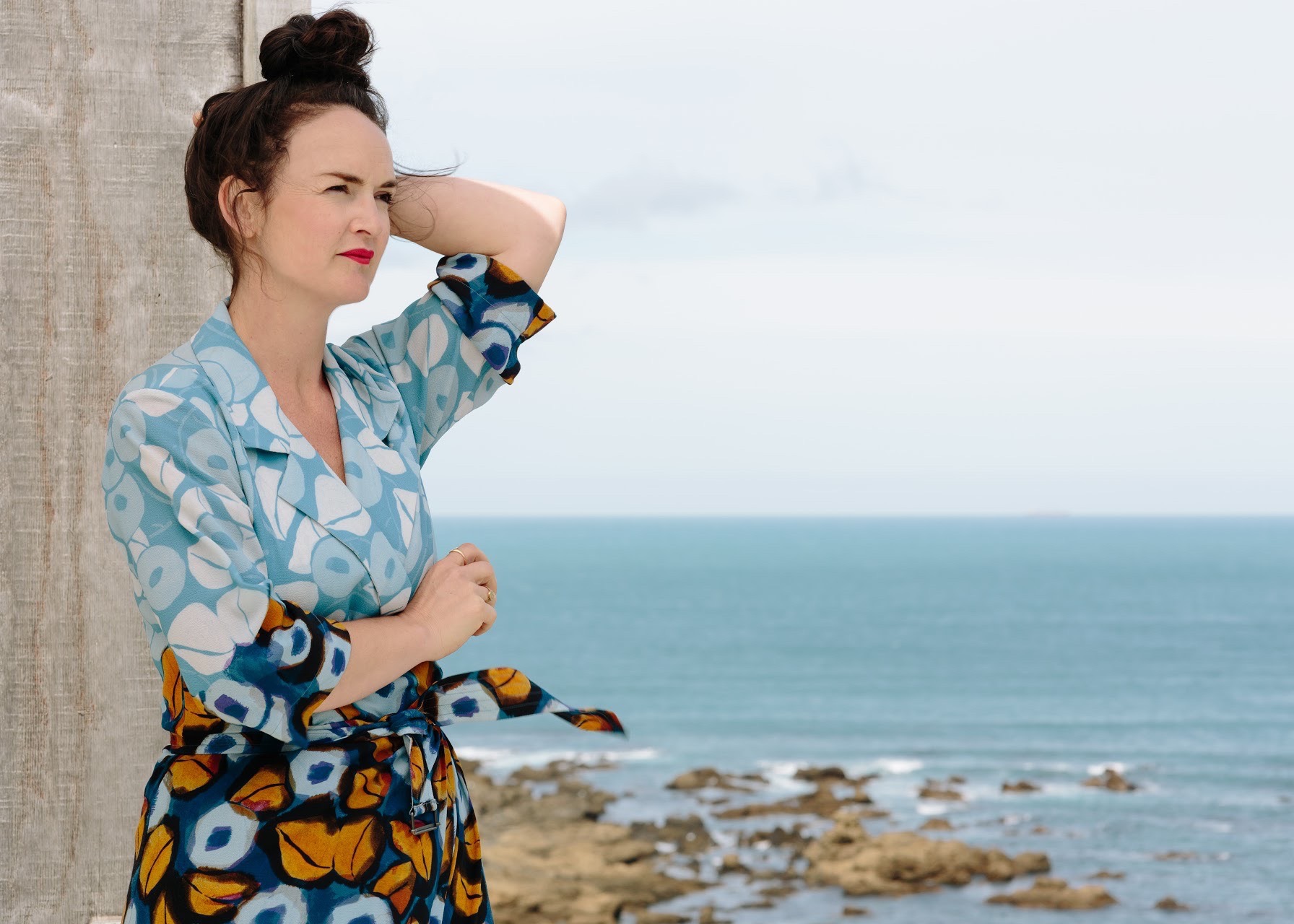
This Natural Perfume Brand Is Urging Consumers To Advocate For Fragrance Ingredient Disclosure
Frances Shoemack realizes throwing a typical launch party this year just doesn’t seem right.
So, instead of filling swag bags, the founder and CEO of natural fragrance house Abel has organized an ocean cleanup to coincide with today’s American launch of Cyan Nori, a fragrance intended to transport its wearers to the ocean. And she’s encouraging beauty industry activism by putting forth a petition to draw attention to ingredient labeling laws shielding brands from having to reveal fragrance ingredients. Following California’s passage of legislation requiring fragrance disclosure, there’s been momentum for national policy reform in the United States.
“Fragrance labeling laws were designed decades ago to protect trade secrets, something that is no longer relevant with modern science where anyone with a mass spectrometer can work out a perfume formula as the number of perfume knockoffs available contests,” says Shoemack. “The current labeling laws essentially act as a hide-all. Not everything being hidden is bad, but some ingredients are.”

In particular, she takes issue with the prevalence of fossil fuel-derived polycyclic musks, synthetic fragrance and personal care compounds that have poured into the world’s ocean and lakes, and could be causing damage to aquatic organisms. Cyan Nori relies on a plant-derived macrocyclic musk that’s renewable and biodegradable, but Shoemack divulges it’s also 15 times more expensive than its synthetic precursor. She says, “Unless brands are driven by sustainability, there’s no impetus for them to switch to more environmentally friendly ingredients if they don’t need to share information on the ingredients they use.”
To help consumers understand the fragrance ingredient disclosure issue, Abel has introduced an ingredient transparency page to its website that makes the case ingredient transparency is crucial to uncovering scent ingredients harmful to humans and the earth. On top of signing its petition, the brand urges consumers to ask beauty brands to share ingredient lists and retailers to offer details on how they’re defining terms such as “clean” and “natural.” The page says, “If their terms don’t make sense to you, call them out on it!”
Abel describes its fragrances as vegan and biodegradable. However, Shoemack explains that, because the descriptors thrown around in the beauty industry aren’t officially delineated by regulators, they can mean different things to different people. To set the record straight on Abel, she says, “Our simple rule is that all of our ingredients start their life as a plant. Beyond this, we try to take one step further, where possible sourcing fair trade and/or organic.”
“The current labeling laws essentially act as a hide-all. Not everything being hidden is bad, but some ingredients are.”
Abel developed Cyan Nori’s scent to be sweet, salty and effervescent with tangerine, white peach and nori or seaweed from off the coast of France. The fragrance retails at $150 for 50-ml. size and $70 for 15-ml. size. It’s being carried by retailers and e-tailers around the globe, including Bluemercury, Lorde, Good As Gold, WE-AR and Amazingy, and on Abel’s website. For a give-back component, Abel has teamed up with Sustainable Coastlines New Zealand, a waterways protection organization that will receive 1% of Cyan Nori’s sales as part of the brand’s 1% For The Planet commitment.
Shoemack says the tangerine essential oil in Cyan Nori is a byproduct of the juice industry. She continues, “Nori, the hero ingredient, is grown in the ocean and has the dual functionality of its incredible scent profile as well as its high amino acid moisture enriching values.” Abel works with Isaac Sinclair, a master perfumer for fragrance company Symrise. Both Sinclair and Shoemack are from New Zealand, but Sinclair lives in Sao Paolo and Shoemack in Wellington, although she began Abel in Amsterdam.
To highlight its ocean advocacy without sanctimony, Shoemack hired art director Anita Fontaine and photographer Steve Boniface to create an edgy campaign for Cyan Nori. “We really wanted to foster this hyper modern electro pop vibe to provide a contrast to the very serious messaging,” says Shoemack. “It’s really important to us that nothing we do is preachy or righteous. We want to inspire our customers in a way that makes them feel empowered to act, not acting out of guilt. In the brief to our creatives I said, ‘We’d hate for you to get the wrong idea. Cyan Nori is no do-gooder scent!’”

While the scent isn’t for do-gooders, Shoemack has more do-gooding in mind for Abel. Eliminating plastic is a goal for the brand in 2021. Shoemack is very aware it’s not an easy goal to achieve. Abel tried and failed to replace plastic cellophane in its packaging with a biodegradable option. The failed switch cost the brand $9,000. But Shoemack believes brands should attempt to green their practices even if early attempts disappoint because they eventually lead to eco-conscious improvements. As Abel’s site proudly states, “Long may we continue to try and fail in order to take steps forward.”





Leave a Reply
You must be logged in to post a comment.